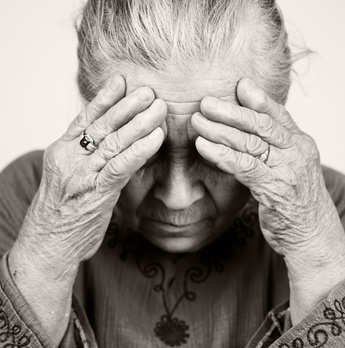 According to the National Center on Elder Abuse (NCEA), elder abuse is the intentional act of physically, emotionally, or mentally abusing an elderly individual. Elder abuse can be done by refusing to provide proper health care, food, and shelter, as well as causing physical pain, mental anguish, taking belongings or funds, and the refusal to communicate or listen to the needs of the elderly. NCEA also states that elderly individuals suffering from abuse in nursing homes is a nationwide problem, and although there are no certain ways to explain why one nursing home staff member may be prone to dole out abuse as opposed to another, there are certain scenarios and situations that increase the risk.
According to the National Center on Elder Abuse (NCEA), elder abuse is the intentional act of physically, emotionally, or mentally abusing an elderly individual. Elder abuse can be done by refusing to provide proper health care, food, and shelter, as well as causing physical pain, mental anguish, taking belongings or funds, and the refusal to communicate or listen to the needs of the elderly. NCEA also states that elderly individuals suffering from abuse in nursing homes is a nationwide problem, and although there are no certain ways to explain why one nursing home staff member may be prone to dole out abuse as opposed to another, there are certain scenarios and situations that increase the risk.
Nursing Home Abuse
Nursing homes with a high percentage of residents and a low staff ratio are more likely to have cases of nursing home abuse, especially with elderly individuals who suffer from dementia. Additionally, elderly people who receive a lot of family support and frequent visitors are less likely to be abused than those who don’t have visitors on a regular basis. However, studies have also shown that family members who become pushy and demanding can potentially put their elderly family member at risk for abuse by hampering the care. Furthermore, elderly abuse is more likely to happen in the hands of care workers and aides that don’t have the proper training in order to handle all the physical and emotional demands that many elderly individuals require.
Be aware, however, that nursing home abuse can also happen in the hands of prominent physicians and experienced care workers as well; but statistics show that abuse happens more often when poorly trained aides are involved. Institutional indifference is also a factor that plays a part of elder abuse, which usually stems from the aforementioned staff of care workers and aides that are ill-equipped to deal with the needs of the elderly.
Unfortunately, there are many cases where elder abuse goes undetected because the abused individuals cannot or will not speak out, or they may not have the mental capacity to understand what’s going on. The first step; however, in detecting elder abuse, is to look for warning signs. Typical warning signs of elder abuse consist of bruises, marks, or burns on the victim’s body. Keep in mind that elderly individuals tend to bruise easier than most, so this alone may not be enough evidence for elder abuse, but it certainly can be an indication. Additionally, unexplained depression, withdrawal, financial problems, bedsores, and frequent conflicts, tension, and arguments between the elderly individual and his or her caregiver are all indications of possible elderly abuse. If you suspect that your loved one is suffering from abuse by the hands of a caregiver, it’s imperative that you keep a close look out, and seek out professional help regarding your legal options from a nursing home abuse attorney.
Love Right Home Care offers caregiver referrals for a vast array of companion, home, and personal care, such as errands, transportation, house cleaning, emotional support, social activities, schedule reminders, hygiene assistance, and more.
Sources: http://www.ncea.aoa.gov/main_site/pdf/publication/NursingHomeRisk.pdf
http://www.ncea.aoa.gov/ncearoot/Main_Site/index.aspx


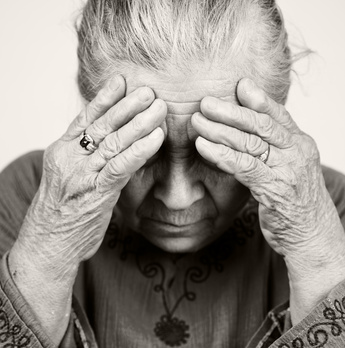


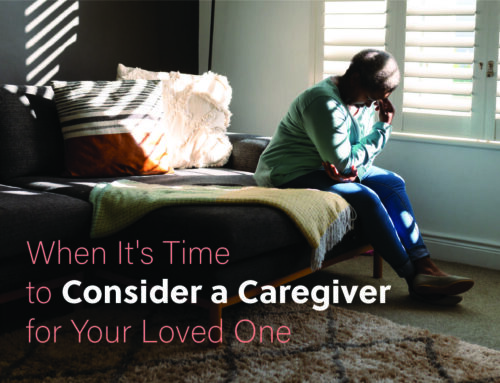

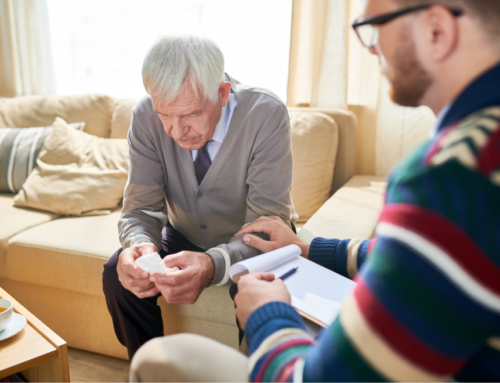
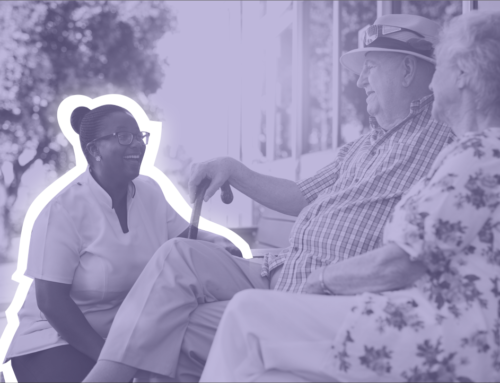
These points are really essential for each elder care services providers. thanks for this post keep sharing.